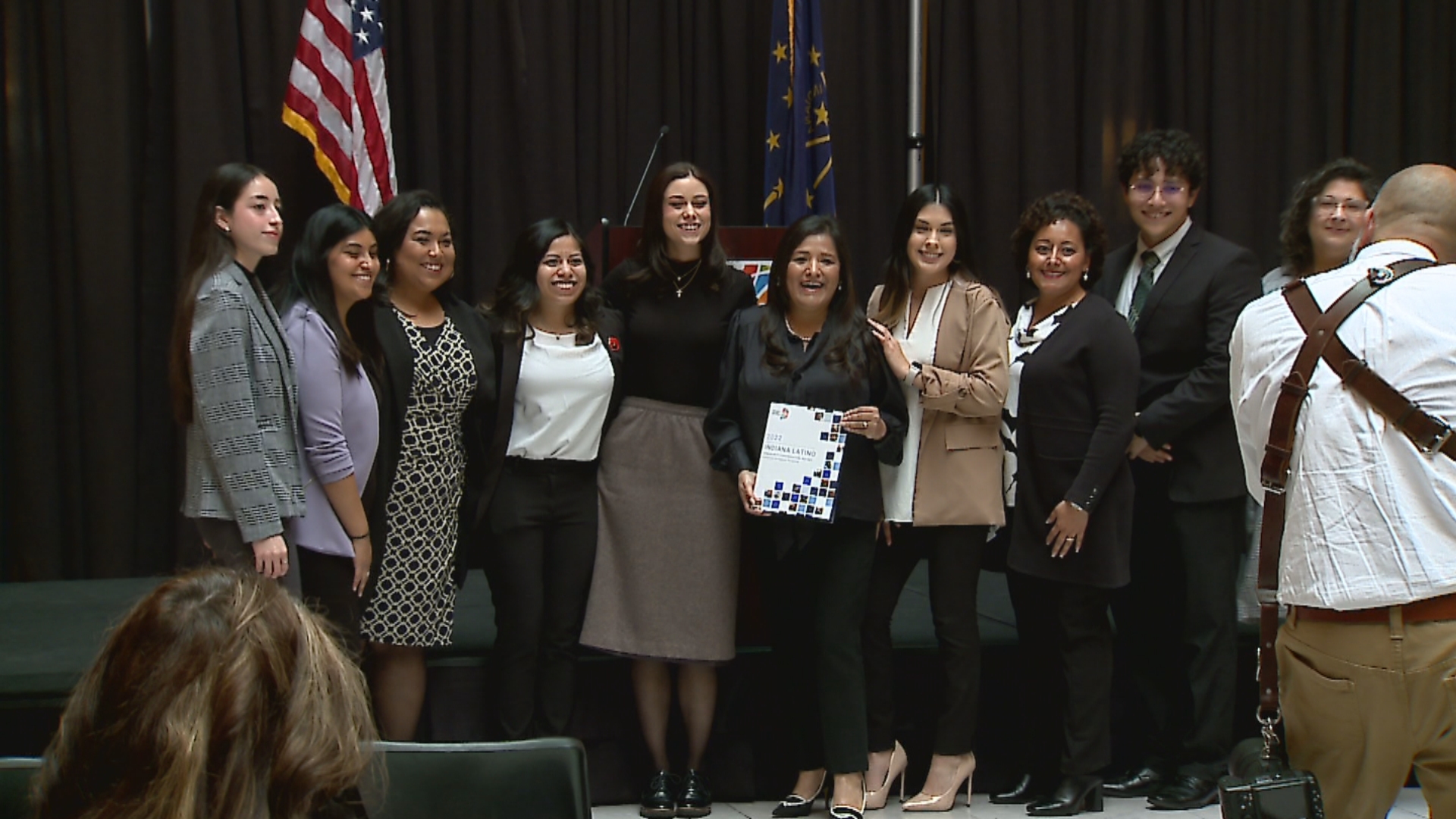Latino groups call for school aid changes
INDIANAPOLIS (WISH) — Members of a major Latino advocacy organization on Thursday said lawmakers need to act quickly to close a glaring achievement gap.
The Indiana Latino Institute said it will push lawmakers to legalize in-state tuition for undocumented immigrants. Indiana is one of three states with laws on the books that specifically prohibit undocumented immigrants from paying in-state rates for higher education.
ILI board member Oscar Gutierrez says it makes no sense to discriminate against students who were born outside the United States but grew up in Indiana.
“When you have students that have gone through K-12, has been an investment from the state into those students and then to deny them to go any further, it creates the brain drain that we’re facing today in the state,” he said.
The ILI’s proposals come less than a week before state lawmakers will gather for Organization Day ahead of the next legislative session. Lawmakers will begin writing the state’s next two-year budget in January. Besides the tuition issue, ILI members said they will push lawmakers to automatically enroll all students who receive free or reduced-priced lunches in the 21st Century Scholars program. They also want lawmakers to adjust the complexity index, the formula that helps the state calculate how much money a given school corporation will receive, to increase funding for English Language Learner programs.
The Indiana Commission for Higher Education’s Josh Garrison said just 44% of Indiana Latinos who graduated from high school in 2020 have gone on to enroll in any form of post-secondary education, including college and technical school. For comparison, the statewide average is 53%, itself the lowest figure in a generation. Garrison said just 15% of eligible Latino students enroll in the program, a number he ascribed in part to lack of awareness about the program.
ILI Director of Education Policy Rachel Santos says Latinos represent Indiana’s fastest-growing student population. She said a series of town halls over the summer revealed the most common barriers Latinos cite are lack of access to affordable higher education and inadequate native-language resources.
“We really need to ask ourselves, what does the future of Indiana look like if we continue to fail the student population?” she said.
Indiana’s Republican House and Senate leadership did not return requests for comment.



